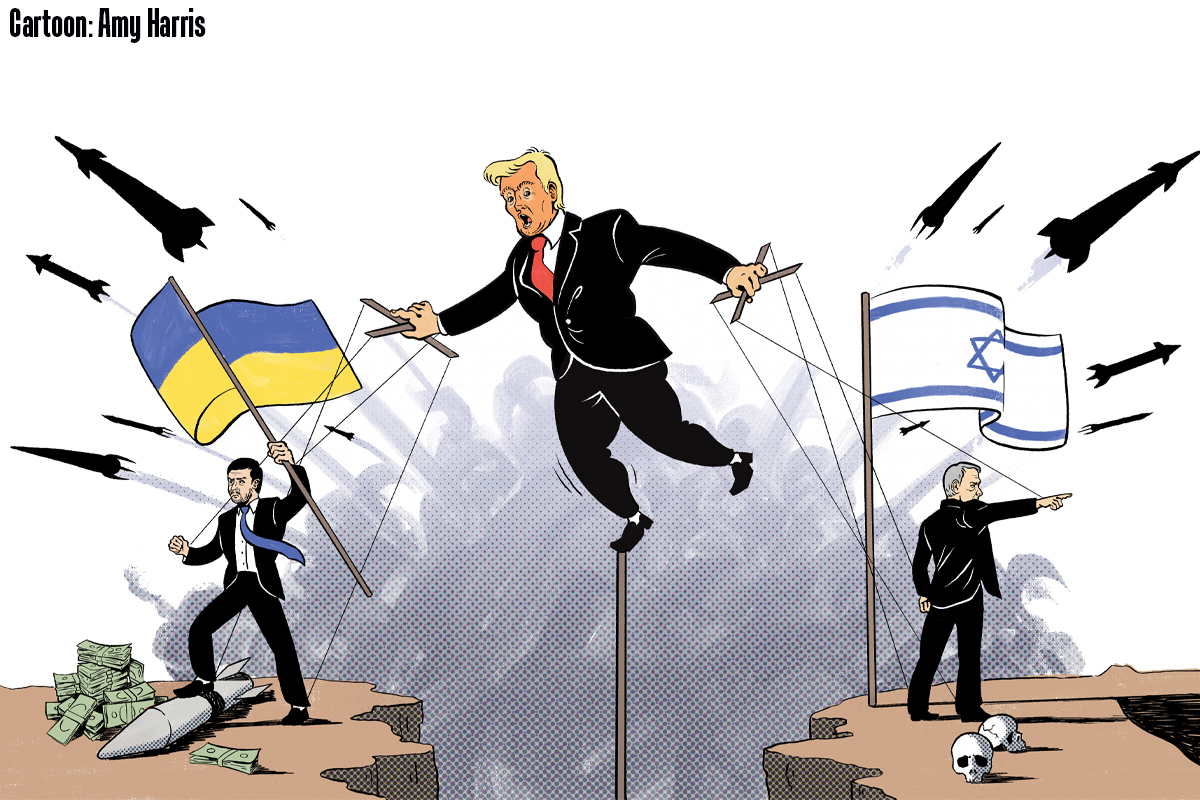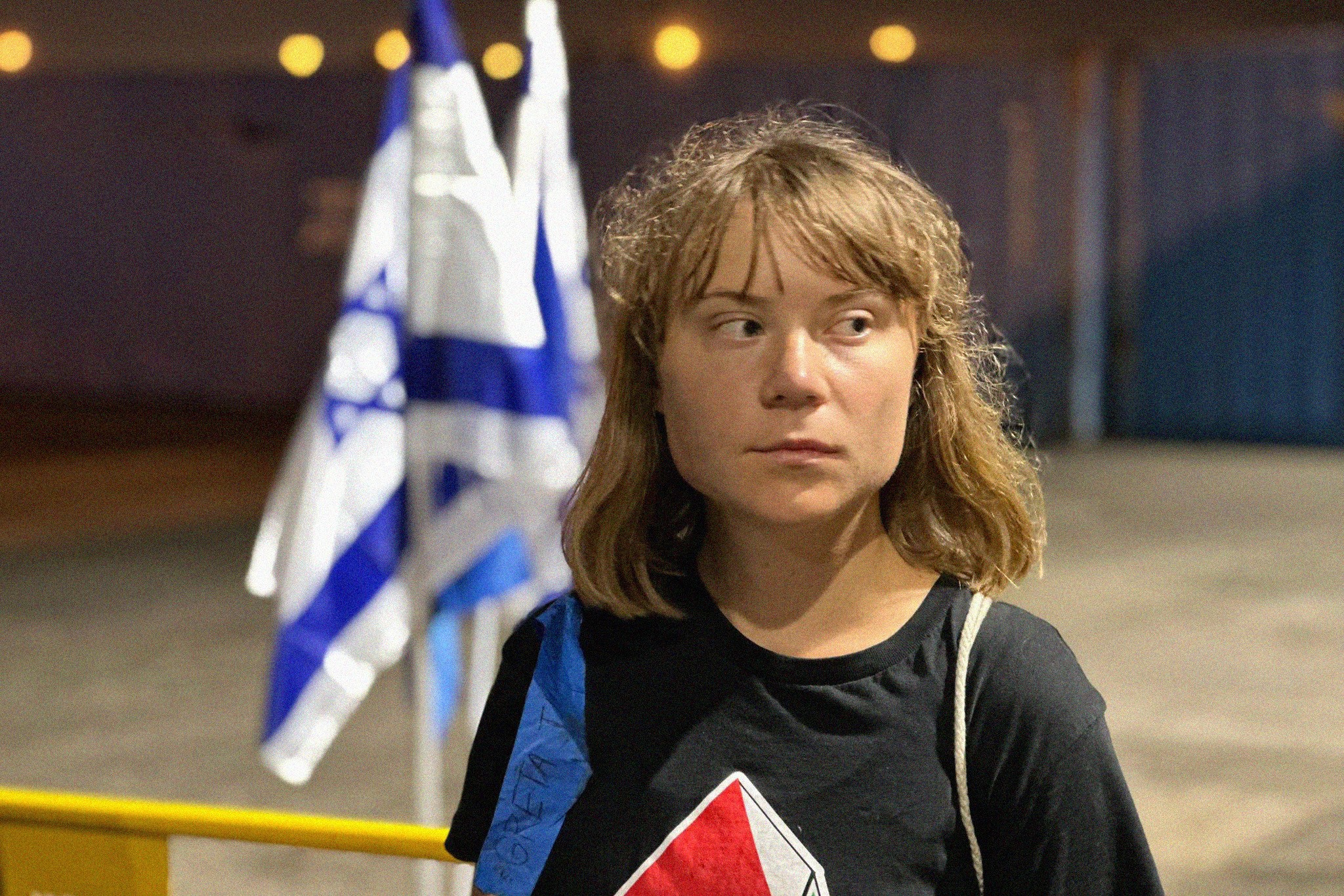The Cuban revolution is once more being attacked by the imperialists.
They raise a hue and cry about “democratic rights”, but what they are
really concerned about is a country where private property of the means
of production has been abolished, where the revolution has survived, in
spite of many mistakes and difficulties, and which continues to be a
point of reference for the downtrodden masses of Latin America. In this,
the International Marxist Tendency stands firmly in support of the
Cuban revolution against the attacks of imperialism.
Smear Campaign
Photo by exfordy.The
Cuban revolution is facing further harassment from the capitalist
powers. There is a hysterical smear campaign on an international scale,
demonstrating once more the hatred of the bourgeois for a revolution,
which in spite of its errors and difficulties has remained in place and
has continued to represent a focus of attraction for the workers and
peasants of Latin America and internationally.
Orlando Zapata, a prisoner who was detained initially for crimes such
as fraud, stabbing, house burglary and public order offences, began a
hunger strike demanding a television, cooker and a personal telephone in
his cell. He was supported and manipulated by the counter-revolution
based in Miami, until he eventually died. The death of this prisoner is
undoubtedly sad, but it has become the spearhead for a new campaign
against the Cuban revolution.
After the death of Zapata, four other prisoners began a hunger
strike, although they gave up after a short time. Only one, Guillermo
Fariñas, has continued, at his home in Santa Clara where he is under
house arrest.
The bourgeois are showing their double standards. In US prisons 7,000
prisoners die each year. Many are murdered or commit suicide, but when a
prisoner dies in Cuba, the imperialists suddenly begin to worry about
human rights for prisoners. The object of this is not to promote the
welfare of the prisoners, but to blackmail the Cuban revolution and to
make progress in their struggle to smash it, using hypocritical
phraseology full of words like “the transition to democracy”, which is
nothing other than an attempt to restore capitalism.
Capitalism and Morals
The capitalists don’t base themselves on moral arguments, but on
their class interests. A clear example of this is the recent report on
the Evaluation of Human Rights in 194 countries that the US State
Department carries out annually, where the countries with the worst
evaluations are Cuba and Venezuela. Meanwhile in the case of Honduras,
while they criticise some of the crimes during the rule of the
Micheletti government, they have recognised the government of Porfirio
Lobo as democratic, without mentioning the torture, assassination and
imprisonment that the workers, peasants and students are suffering. We
have heard nothing from Barack Obama or the European Parliament about
this regime, but we have heard their condemnations of the Cuban
revolution and Venezuela.
The capitalists and their representatives in the U.S. and European
governments have not limited themselves to declarations about Cuba, but
have mounted a series of actions that seek to destabilise it, promoting
mobilisations, albeit miniscule, of the “damas de blanco” [Ladies in
White] in Cuba, where US and European Diplomats like the German Volken
Pellet have participated. Also in Miami they have organised
demonstrations against the Cuban Revolution where “honourable” citizens
like the terrorist Posadas Carriles participated. These actions have
been met by bigger demonstrations where the students of the FEU have
organised many acts of protest in cities like Santiago de Cuba and
Havana. Internationally we have seen important actions that demonstrate
solidarity in support of the Cuban revolution.
The real concern of the imperialists is not with human rights,
liberty and democracy. What they seek is to smash the revolution. What
imperialism cannot permit is the existence of a country that defies the
domination of imperialism, where private ownership of the means of
production has been abolished. In the real context of the revolutionary
wave in Latin America, the Cuban revolution represents an inspiration
for millions of workers, peasants and youth. The abolition of capitalism
and the planning of the economy are the base upon which the advances
that the Cuban revolution has made in the field of education, health and
housing above all, have been achieved. The “democratic rights” that the
European Parliament and the international bourgeois media refer to are
none other than the “right” to exploit the work of others, the “right”
to live in the street because of not being able to pay the rent, the
“right” to illiteracy for lack of an education, the “right” to die of
curable diseases because a public health service that serves all does
not produce profits, the “right” to unemployment and poverty, the
“right” to the private ownership of most of the land for a handful of
big idle landowners, etc. The masses of Latin America know all about
these “democratic rights”.
Defend The Revolution
In this battle, the International Marxist Tendency stands
unconditionally on the side of the Cuban Revolution against the cries of
imperialism and “democratic” bourgeois public opinion. The Cuban people
have resisted enormous pressures particularly since the fall of the
USSR, and above all have heroically kept the revolution alive. The
isolation of the revolution in a small island 90 miles from the United
States has inevitably created serious problems. Even Fidel has warned
against the role of the bureaucracy and corruption. The relations
between Cuba and world capitalist market are totally unequal and a
source of penetration of capitalism into the planned economy. In Cuba
this has opened a debate over the future of the revolution. Some have
called for market reforms “a la China” (or to adopt the “Vietnam”
model). We must explain that such a road would be a disaster, which
would open the door to a rapid restoration of capitalism. But in this
debate you can also hear other voices that call for a solution to the
problems that the revolution faces through a greater participation of
the population in the running of the economy and the state, defending
the revolution, not the introduction of capitalist methods.
For us, the best way to defend the Cuban Revolution is with the
widest workers’ democracy, that is to say worker’s control of the
economy and the state through workers councils as defended and put into
place by Lenin in revolutionary Russia in 1917. But the survival and
continuation of the Cuban Revolution lies above all in the overthrow of
capitalism in the countries of Latin America that are experiencing
revolutionary processes, preparing the way for the rational and
democratic planning of the economy to the benefit of the majority of the
population. There is not, nor can there be, socialism in one country,
as the Marxists have always explained and as has been demonstrated with
the restoration of capitalism in the USSR, Eastern Europe and also in
China and Vietnam, with disastrous consequences for the masses. The
victory of socialism in the end can only be completed with the
expropriation of the banks and big business in the advanced capitalist
countries, that is to say with the abolition of the regime of private
property of the means of production and its replacement by the
democratic and collective control of the economy by the working class on
a world scale. To this end it is important and indeed crucial to
construct a genuine anti-capitalist and revolutionary socialist
international. To save the Cuban Revolution and to deepen and complete
the Venezuelan revolution, the International Marxist Tendency supports
with all its forces the call of Comrade Hugo Chavez for a Fifth
International that would bring an end to capitalism throughout the whole
planet.
International Marxist Tendency/Corriente Marxista Internacional (www.marxist.com),
editor@Marxist.com






